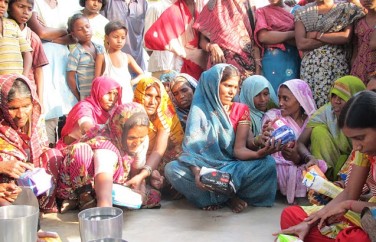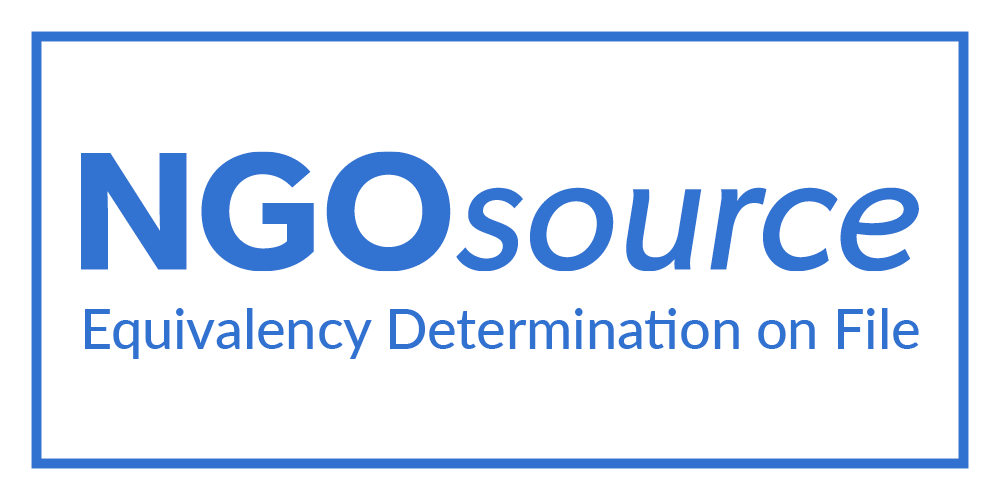Deepika Sharma, Linda van der Wijk and Maria van der Heijden were from 25 to 31 May in search of local small-scale companies in India that have potential to develop a sustainable business model for sanitary pads.
In Maharashtra, Assam, Delhi and Rajasthan. Areas where Indian entrepreneurs, sometimes with support of NGOs, are engaged in their own way to make sanitary pads accessible for girls and women. The differences are large.
In Maharashtra Sakhi Retail is active. Sakhi Retail is a social enterprise that sells and distributes sustainable products. In five districts in Maharashtra and Bihar, this company works with over a thousand women. Sakhi wants to add pads to the product range. How to achieve a good product, a smooth distribution and sufficient margin for the female entrepreneurs? Maria: “A valuable meeting, where we see a win-win for both organizations: the network of Sakhi Retail and business knowledge from the experts at Women on Wings.”
Sales is a major challenge in Assam, where The Eco Hub manufactures sanitary pads. It has, however, no local network of NGOs and Self Help Groups, like the other companies the Women on Wings team visited. A ‘must have’ to be a successful social enterprise.
Akaar in Delhi makes machines for the production of sanitary pads and has now been commissioned by the government of Gujarat to deliver six hundred sets of machines. A collaboration with Women on Wings fits perfectly to Akaar’s ambition to grow in a sustainable way.
In Tilonia, Rajasthan, the Women on Wings team spoke to the people of Barefoot College. They run two production units, where six women work. Each of them makes a hundred sanitary pads daily. The six hundred pads are distributed through 166 schools, 84 kindergartens and 68 Self Help Groups. Barefoot College is thus an example for all entrepreneurs in rural India: Sanitary pads are added as a product in an existing social and economic infrastructure.


